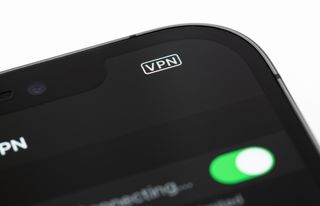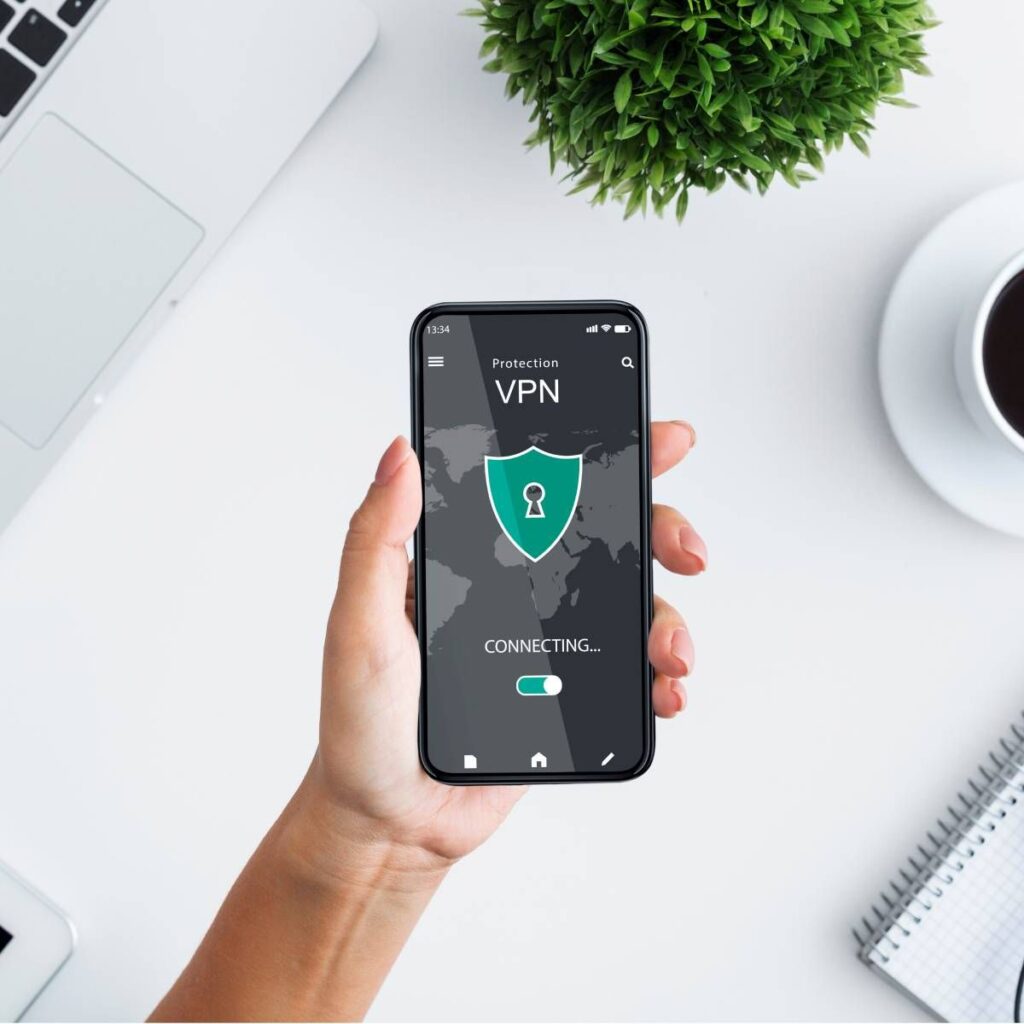Why is a Vpn Important When Working Remotely Quizlet: A VPN is crucial when working remotely because it secures your internet connection and protects sensitive data from cyber threats. It ensures privacy and confidentiality.
Working remotely has become the norm for many professionals. With this shift, ensuring data security is paramount. A Virtual Private Network (VPN) safeguards personal and company information. By encrypting your internet connection, a VPN protects against hackers and cybercriminals.
It also prevents unauthorized access and data breaches. Employees can confidently access company resources without compromising sensitive information. VPNs also bypass geographical restrictions, allowing seamless access to necessary tools and websites. Investing in a reliable VPN is essential for a secure remote work environment, ensuring both productivity and peace of mind.

Credit: quizlet.com
Protecting Sensitive Data
Working remotely offers flexibility, but it also poses risks. Protecting sensitive data is crucial. Remote work often involves accessing company files and personal information. A VPN (Virtual Private Network) ensures your data stays safe and private.
Encryption Benefits
A VPN encrypts your internet connection. This means your data gets scrambled. Only authorized users can read it. Encryption keeps hackers from stealing your information. This is vital when using public Wi-Fi.
| Benefit | Description |
|---|---|
| Data Privacy | Encryption hides your online activities. |
| Secure Transactions | Encrypts financial data during transactions. |
| Safe Communication | Ensures emails and messages stay private. |
Preventing Data Breaches
Data breaches can be costly. They harm a company’s reputation. Using a VPN reduces this risk. It adds an extra layer of security. This makes it harder for cybercriminals to access your data.
- Firewall Protection: VPNs often include firewalls to block unauthorized access.
- Secure Access: Only authorized users can access sensitive data.
- Monitor Traffic: VPNs monitor traffic for suspicious activity.
Preventing data breaches protects both employees and the company. Always use a VPN when working remotely to ensure data safety.

Credit: www.pcmag.com
Ensuring Privacy
Working remotely has become the new norm. Keeping your information private is crucial. Using a VPN can help you stay safe online. Let’s explore how a VPN ensures privacy.
Hiding Ip Address
A VPN hides your IP address. This makes it hard for hackers to track you. When your IP is hidden, your location stays private. This is very important for remote workers.
Avoiding Tracking
Online trackers follow you around the web. They collect data about your habits. A VPN stops these trackers. It encrypts your data, making it unreadable. This keeps your online activity private.
Here are some benefits of avoiding tracking:
- Protects personal information
- Prevents targeted ads
- Stops data collection
Using a VPN helps you work safely from anywhere. Your privacy is protected, and your data stays secure.
Accessing Restricted Content
Working remotely often means accessing content that is restricted. VPNs play a crucial role in this. They help you bypass these restrictions, making work smoother.
Bypassing Geoblocks
Many websites and services use geoblocks. These blocks restrict access based on your location. A VPN changes your IP address. This makes it appear you are in a different country.
Here is what a VPN can help with:
- Access region-specific websites.
- Watch videos from other countries.
- Use services not available in your region.
Unblocking Corporate Resources
Remote workers often need access to corporate resources. These resources might be restricted for security reasons. A VPN can help unblock these resources.
Examples of corporate resources include:
- Internal websites.
- Company databases.
- Intranet portals.
Using a VPN ensures secure access. It also keeps your data safe. This is crucial for remote work.
Enhancing Remote Work Security
Working remotely has many benefits. But it also has security risks. A VPN helps secure your remote work. This blog will explain why.
Secure Connections
A VPN creates a secure connection. This connection keeps your data safe. Without a VPN, your data travels in plain text. Hackers can easily see it. A VPN encrypts your data. Encrypted data is hard to read.
Consider this example:
| Without VPN | With VPN |
|---|---|
| Data is visible | Data is encrypted |
| Easy to hack | Hard to hack |
Reducing Cyber Threats
Cyber threats are real. A VPN helps reduce these threats. Here are some ways:
- Hides your IP address
- Makes you anonymous online
- Protects against malware
VPNs also protect against phishing attacks. Phishing attacks trick you into giving away information. A VPN can block fake websites. This helps keep your information safe.

Credit: www.pcmag.com
Frequently Asked Questions
Why Is A Vpn Important When Working Remotely?
What Is The Importance Of Having A Vpn?
What Is One Benefit To The Staff Of Using A Vpn To Remotely Access The School Network?
Why Is Connecting To A Vpn Important When You Are Working In A Public Place?
Conclusion
Using a VPN is essential for remote work security. It protects sensitive information and ensures data privacy. Enhance your productivity and peace of mind by securing your connection. Make VPN usage a priority in your remote work toolkit. Stay safe and efficient while working from anywhere.


